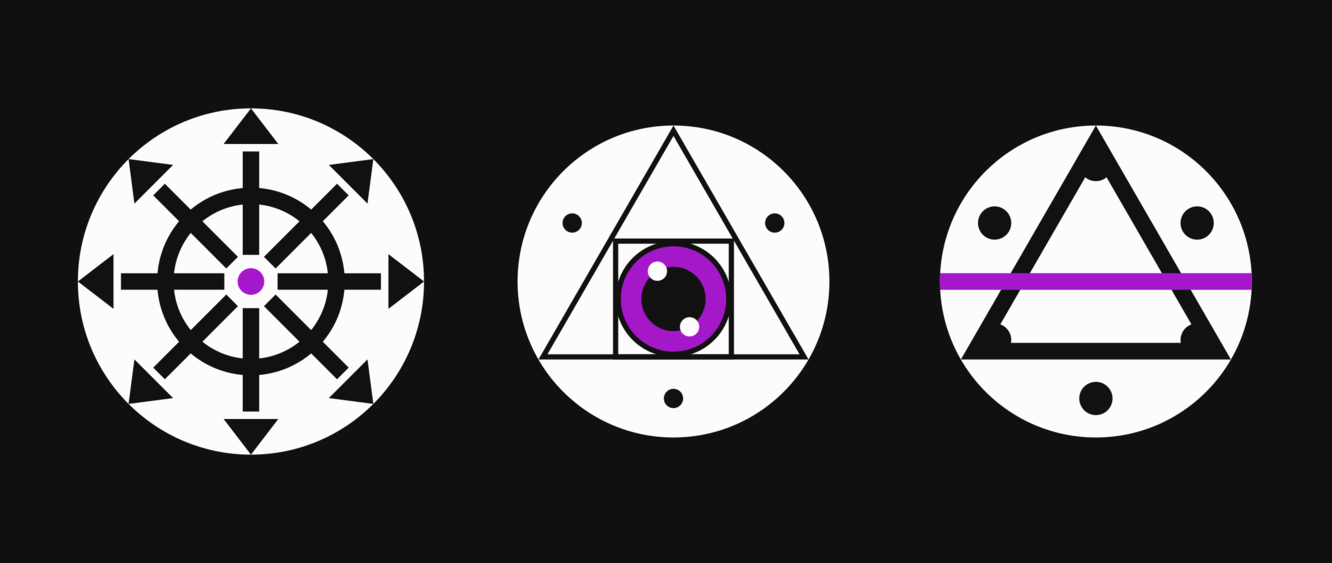
Did another round of adjusting my keybindings. Now I can auto-complete commands on my terminal more easily. I think next I'll switch all my applications that use ctrl+q to quit to ctrl+esc so I don't need my keyboard out at all for most navigating.
Probably also change my browsers to use ctrl+page up/down for navigating history.
I don't even understand how people are getting ChatGPT to help them write code professionally. Even putting aside "it's not good at it", what kinds of things are people asking that it could possibly know about? If we were asking ChatGPT about code for work we'd have to feed it pages and pages of libraries that were developed in-house and custom services that the code interacts with. I genuinely don't understand what people are even trying to get help with
@fabrice Yeah I have reader mode on for 90% of sites at this point 💀
LAPD's budget is $1.3 billion dollars, annually. For one year they moved $11 million of that (0.8%) to a basic income guarantee experiment that dramatically improved quality of life for 3600 people in LA by giving them $1000 a month. Like all basic income guarantee programs it is ending with no sign of sustained funding. LAPD's budget will increase by ~$75 million this year.
Every time.
Browsers not taking the OS style/needs into consideration and deferring entirely to websites is one of their cardinal sins. We've had CSS APIs in the spec with system styles for years and nobody implements them. Why?
Instead of every website needing to build a table of contents, web browsers should be exposing that via the accessibility tree.
Instead of every website needing to have a UI for paging, web browsers should be able to get the OrderedCollection and render the UI or however many pages you want.
Instead of websites having a million JS-riddled form rendering libaries, web browsers should be able to expose form fields however the user likes.
This should work for 2D, TUI, and 3D depending on browser
@fabrice Browsers empower web designers instead of web users is the thing that irks me about them. The web isn't ours, it belongs to whoever writes the CSS.
@fabrice I would love it if web browsers focused on function instead of infinite customization. It frustrates me that each site has their own beautiful design that takes over how scrolling works and what font / size I should see with a billion differences in where content is and whether it'll render at my preferred width.
I get art focused pages and personal showcasing, but especially corporate sites have no business making me slog through their shit just to use their product or read a page
@brandon Yeah! that's one thing I like about how MacOS apps work.
@Dio9sys I've mostly been thinking of it as a way to replace browser rendering pipelines, but tbh native apps in general could take advantage of it too
@Dio9sys I think one thing that's tough is that the Linux desktop is actually mostly GNOME or KDE apps fighting for dominance and assuming they're in their preferred env, and then a bunch of apps struggling to be in between them or also trying to work for MacOS/Windows.
Maybe with Wayland becoming more of a thing there's space for a new thing which has a minimal UI to customize which will use native GTK/QT when it detects the right desktop?
the linux ecosystem is probably the worst example of whete this fails. I have like 6 totally different app styles to deal with at any given momebt because of all the toolkits and the fact that flatpack makes it even more annoying to get the app to just use your preferred kde/gnome/etc theme 😭
I get this limits what apps can do and giving access to raw graphics is important, but it being the default makes it more of a pain for both making apps (especially cross platform) and trying to have a consistant experience as a user. Let alone the accessibility issues when apps decide they should reinvent rendering without thinking about screen readers or high contrast themes or magnification etc.
@fleeky Ha! That'd be better use of my time than tiktok :P
- Pronouns
- they/them/it
- mauve+fedi@mauve.moe
- Matrix
- @mauve:mauve.moe
- Github/Gitlab/Discord
- @RangerMauve
Occult Enby that's making local-first software with peer to peer protocols, mesh networks, and the web.
Yap with me and send me cool links relating to my interests. 👍
